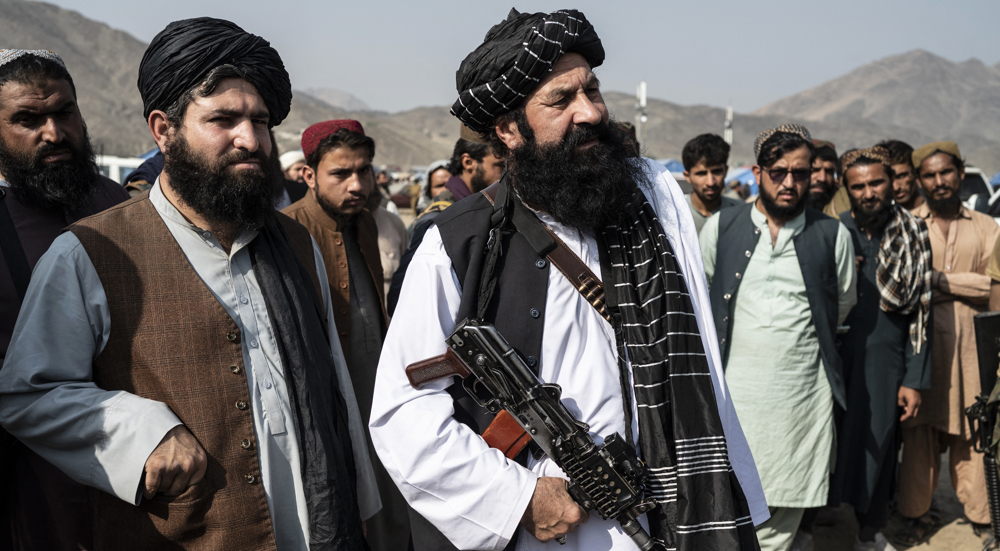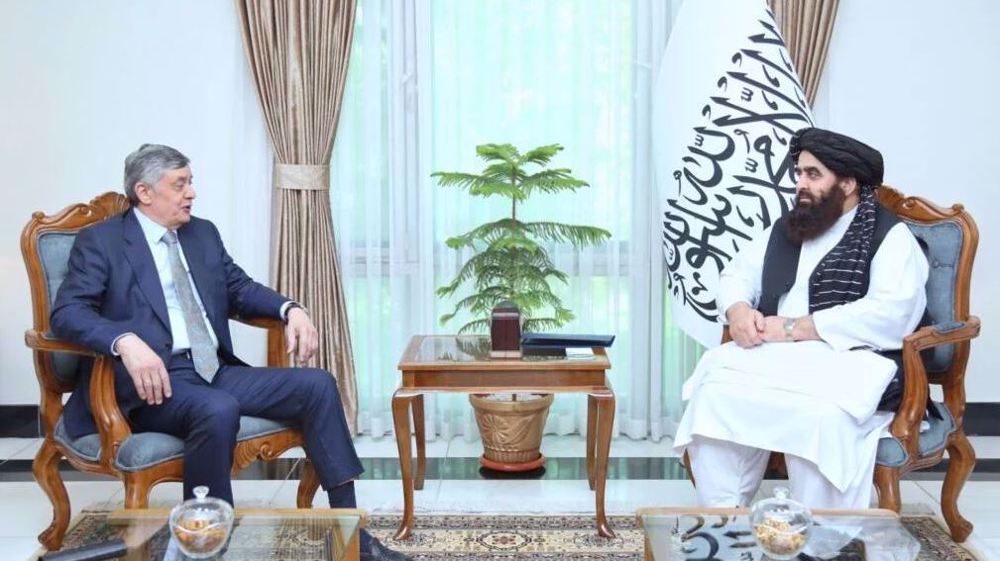Afghan war crimes probe would not serve interests of justice: ICC judges
Judges at the International Criminal Court (ICC) have turned down a request by the court's prosecutor to open an investigation into possible war crimes during the conflict in Afghanistan, saying it would not serve the interests of justice.
"The chamber hereby decides that an investigation into the situation in Afghanistan at this stage would not serve the interests of justice and accordingly rejects the request," the Hague-based court said in a statement on Friday.
"Notwithstanding the fact all the relevant requirements are met as regards both jurisdiction and admissibility, the current circumstances of the situation in Afghanistan are such as to make the prospects for a successful investigation and prosecution extremely limited," it added.
The judges emphasized that the time elapsed since the opening of a preliminary probe in Afghanistan's changing political scene in 2006 and the "lack of political cooperation the prosecutor has received" was likely to grow scarcer should an investigation proceed.
They said the ICC, which operates on a limited budget, needed to priorities its resources on "activities that would have a better chance to succeed."
The ICC judges' refusal came after the United States earlier this month revoked the entry visa for the intergovernmental organization’s chief prosecutor over a possible probe into US soldiers’ actions in Afghanistan.
The office of ICC’s chief prosecutor Fatou Bensouda, a Gambian lawyer, confirmed on April 5 that Washington had slapped a visa ban on her, stressing that according to the Rome Statute governing the organization, she has an “independent and impartial mandate.”
The move against Bensouda came less than a month after US Secretary of State Mike Pompeo announced restrictions on ICC staff who investigate US or allied personnel.
“I'm announcing a policy of US visa restrictions on those individuals directly responsible for any ICC investigation of US personnel,” Pompeo said at a State Department briefing on March 15.
Over the past 10 years, ICC prosecutors have been probing into alleged war crimes by all parties in the conflict in Afghanistan, including the possible role of US personnel in the detention of suspects before opening a formal examination in November 2017.
Kevin Jon Heller, associate professor of International Criminal law at Amsterdam University, said the decision by the court's judges is likely to impose significant hurdles on any case before the ICC in terms of the chances of a successful prosecution.
"If these are the criteria they are never going to open an investigation", he added.
Washington has refused to cooperate with international investigators over their probe into alleged war crimes committed by US military personnel in Afghanistan, claiming they violate US sovereignty.
The US insists that the ICC does not have jurisdiction over American citizens because the US never ratified the Rome Statute, which established the court in the first place.
The US invaded Afghanistan in October 2001 and overthrew a Taliban regime in power at the time. But US forces have remained bogged down there through the presidencies of George W. Bush, Barack Obama, and now Donald Trump.
Read more:
- 17 years into Afghanistan War, US admits ‘Taliban not losing’
- US trying to ‘farm out’ Afghan invasion to various proxy forces: Analyst
- US might continue Afghan war for centuries: Journalist
- US imposes visa bans on ICC personnel over probe into Afghan war crimes
- US forces, CIA may have committed war crimes in Afghanistan: ICC
The ICC has repeatedly highlighted alleged abuses of detainees by American troops between 2003 and 2005. It believes the human rights violations have not been adequately addressed by the US government.
Washington, however, claims that it has its own robust procedures in place to deal with American soldiers who engage in misconduct.
Yemeni army strikes Israeli military sites with drones
‘Clock ticking’: UNRWA slams unjustifiable killing of children in Gaza
BP to be sued in Britain for supplying oil to Israel
VIDEO | Press TV's news headlines
Israeli strikes on north Gaza hospital ‘extremely dangerous, terrifying’: Director
VIDEO | Yemen targets Tel Aviv with Palestine 2 missiles
Pezeshkian: Iran resolved to complete North-South Transport Corridor
VIDEO | Iran-Syria: For Resistance











 This makes it easy to access the Press TV website
This makes it easy to access the Press TV website